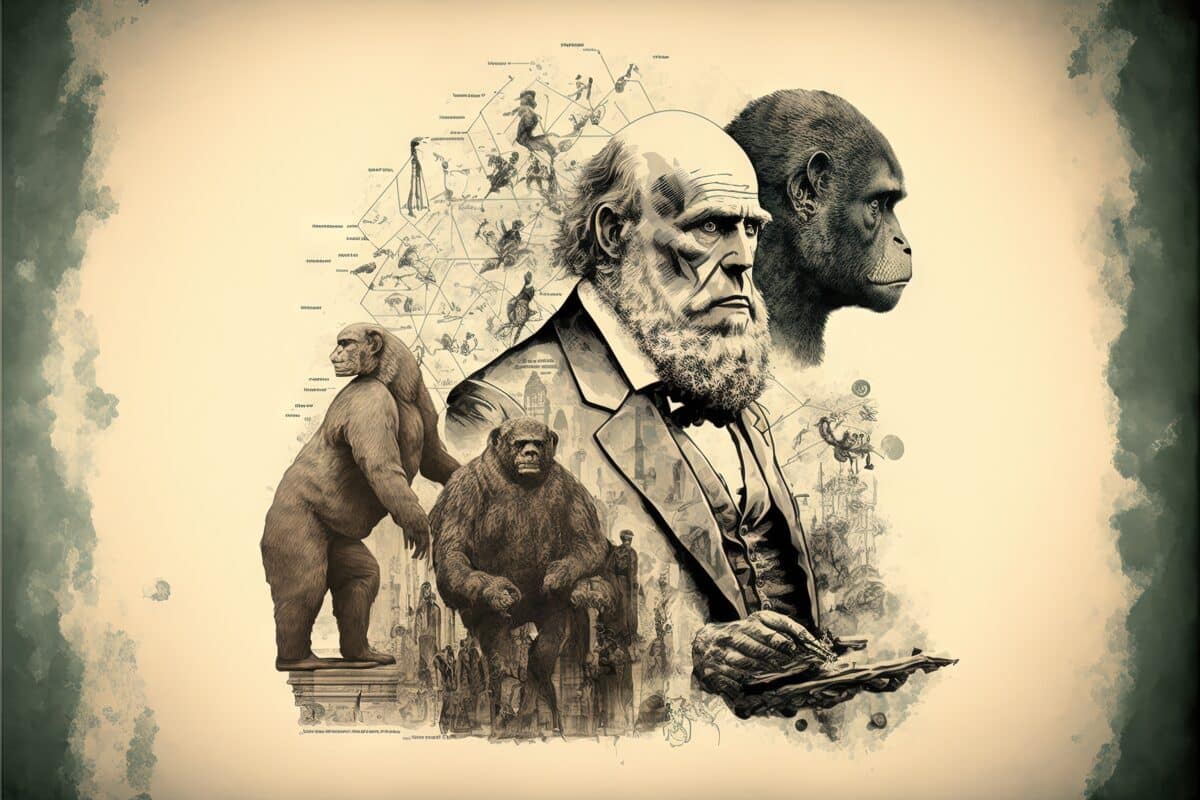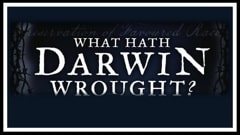Major Media Spike Discovery Channel Gunman’s Darwinian Motivations
If someone opposed to abortion were to take hostages at an abortion clinic, you can be sure the newsmedia would tenaciously track down and publicize every anti-abortion association and comment of the criminal in question. But when a gunman inspired by Darwinism takes hostages at the offices of the Discovery Channel, reporters seem curiously uninterested in fully disclosing the criminal’s own self-described motivations. Most of yesterday’s media reports about hostage-taker James Lee dutifully reported Lee’s eco-extremism and his pathological hatred for humanity. But they also suppressed any mention of Lee’s explicit appeals to Darwin and Malthus as the intellectual foundations for his views. At least, I could find no references to Lee’s Darwinian motivations in the accounts I read by the New York Times, the Los Angeles Times, the Washington Post, ABC, CNN, and MSNBC. Read More ›








































